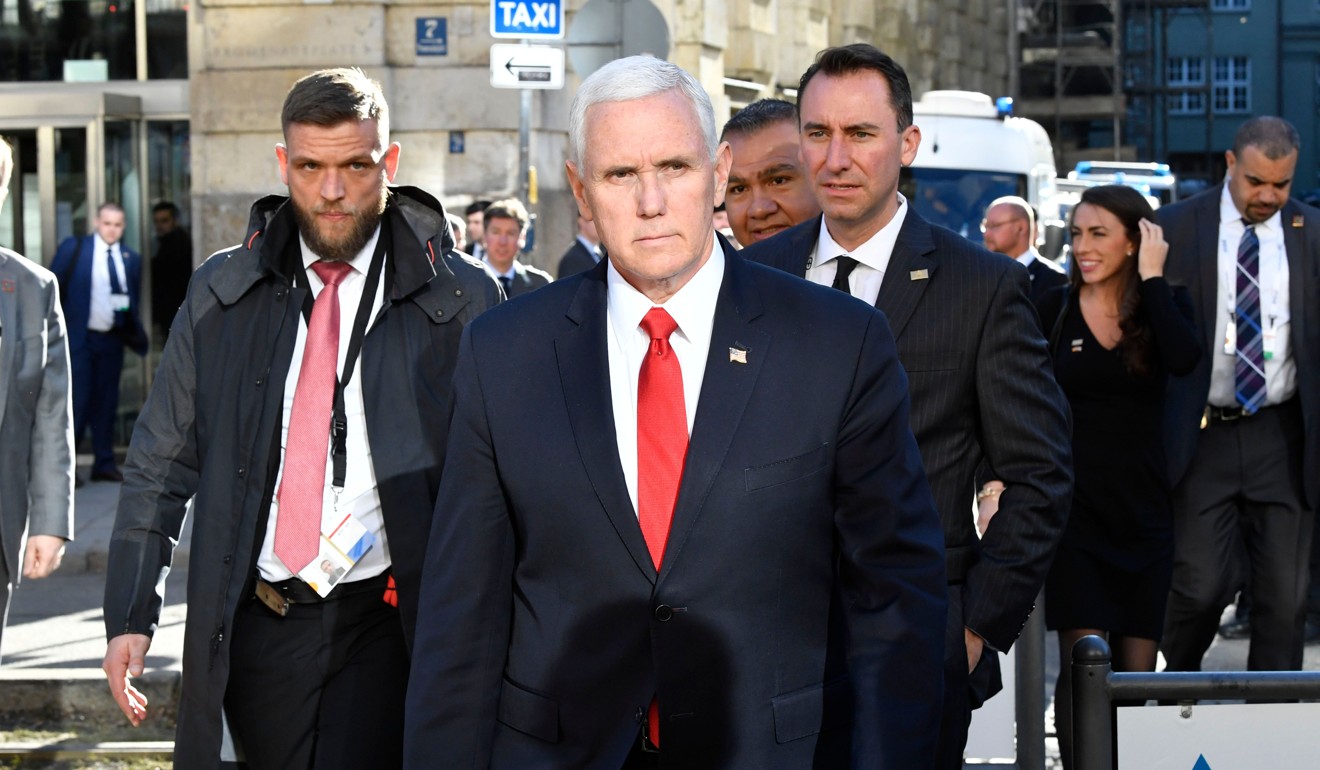
Can the US win the new cold war with China? Not without risking a nuclear war
- America is using flimsy means to confront the strongest adversary it has ever faced, and needs to ask itself if it is willing to fight a hot war to maintain its position in Asia
No one seems too worried about this, however, because they assume that a new cold war with China is going to be easy to win.
The talk is of closer links to allies, more active partnerships with friends, more military deployments and increased economic and people-to-people links. But this is just what America has been saying and doing for years, and none of it has worked to stop China’s growing influence.
America need not go to war with China to defeat its challenge, but it must convince Beijing that it is willing and able to do so
By expecting to win this way, today’s new cold warriors massively underestimate China. That is a huge mistake, reflecting major misunderstandings of China’s power, ambitions and resolve.
When these are properly understood, it becomes clear that America faces a huge and daunting task if it is really serious about confronting and containing China’s ambitions in East Asia. The new cold war could be just as hard and dangerous and costly as the old cold war was.

If so, success would simply mean convincing Beijing to abandon these policies, and then all will be well again.
But these specific issues are no more the real driver of US-China rivalry than the status of Danzig was the cause of the second world war. They are just the symptoms of a far bigger dispute with much greater stakes for both sides, over which of them dominates East Asia.
The second thing to understand is the strength of the Chinese resolve to win this contest. It springs from their deep sense of the kind of country China is. Americans tend still to see China as a poor, weak country – albeit one which has unexpectedly and temporarily struck it rich.
To see how insufferable, recall Henry Kissinger’s acute observation many years ago that the US-China relationship is driven less by the two counties’ differences than by their similarities – especially their similar images of themselves as international actors.
Imagine how Americans would feel if China dominated the western hemisphere the way America has dominated East Asia. That gives some idea of how determined the Chinese are to push America out of its region and take its place.
Of course China has serious economic, political and social problems, but to assume that they will stop, let alone reverse, its rise to power is pure wishful thinking.
None of this means that China will soon “rule the world”. But it does make China a truly formidable adversary, and it raises deep questions about whether America can credibly expect to succeed in preserving the old US-led order in Asia in the face of China’s determination to overturn it.
Certainly nothing Washington has done even begins to look like a serious effort on the scale that will be required.
Nor is it just a matter of money. Like the old cold war, a contest with China over Asia will soon become, above all, a military contest. America need not go to war with China to defeat its challenge, but it must convince Beijing that it is willing and able to do so – just as it had to convince the Soviets of the same thing.
And that raises the ultimate question: is America so determined to contain China’s challenge and preserve its leadership in Asia that it is willing to fight a major war – quite possibly a nuclear war – to do so?
Because if it isn’t willing to do that, and if it can’t convince China of its willingness, then America will not win this new cold war. And if it is not going to win this contest, then it might be better not to begin it.
Hugh White is emeritus professor of strategic studies at the Australian National University

